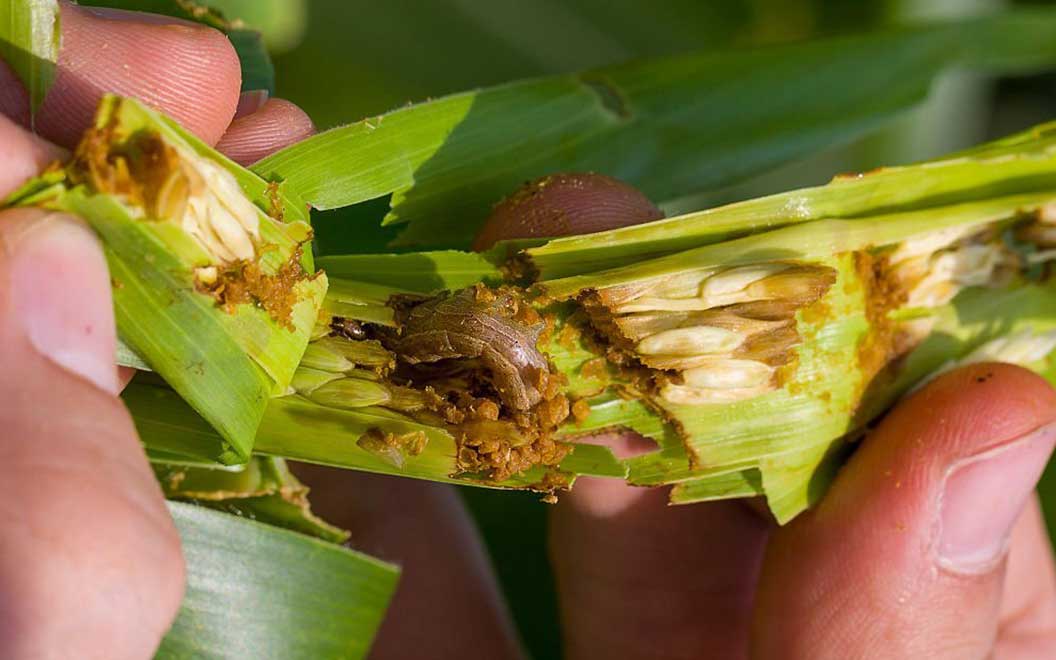Fall armyworms damage crops on North Dakota fields following severe rain and flooding causing drought on the land
The fall armyworm is a North American native. In 2016, it was initially detected in Africa, and it swiftly spread across the continent. In 2018, it made its way to India. It has now been recorded in a number of other Asian and Pacific nations, including Australia in 2020 and now North Dakota.
North Dakota has over the years experienced severe drought conditions. North Dakota drought remained at 17.68% with extreme drought down slightly at 43.09%. Severe drought came in at 30.12% with moderate drought at 9.11%. The last drought that occurred was in 2017. Following this severe condition, fall armyworms are invading the drought-stricken fields.
The fall armyworm has its scientific name to be Spodoptera frugiperda. It is a lepidopteran pest that feeds in huge numbers on leaves and stems of over 80 plant species and is the larval life stage of a fall armyworm moth.
“I’ve been looking at crops and doing this bug thing for well over 40 years, I can tell you right now that this fall, armyworm outbreak is the worst I’ve seen in my career,” Gus Lorenz, Extension entomologist for the University Of Arkansas System Division Of Agriculture revealed. These fall armyworms have gone a long way to damage every crop says Lorenz, from soybean to rice. In view of this, pyrethoid, an insecticide approved for fall armyworms in rice was discovered and growers began its usage but now, the fall armyworms are growing resistant to the insecticide.
Entomologists say the outbreak of the armyworm haven’t only affected farmers in Arkansas but also across the South stating that it has cost them millions of dollars in losses following reports of the armyworms in Louisiana, Mississippi and Tennessee.
Entomologists after studying the trends say fall armyworms have come in sooner than expected and also the damage caused are much more severe than in previous years and all insecticide control to contain them have proven futile.


Comments are closed.